By Mellisa Genfi

Harnessing the power of African and Caribbean proverbs a guiding force for children in the 21st century is an effective method to transmit cultural values, wisdom, and practical life lessons that can empower them to construct a more prosperous society. Proverbs from these regions are full of universal truths and teachings that promote resilience, community, hard work, respect, and problem-solving—qualities essential for shaping future leaders and change-makers. Here’s how some key African and Caribbean proverbs can be applied:
Proverbs to read
- Storytime
- Wisdom is like a baobab tree
- If you want to go fast go alone
- We likkle but we tallawah
- Small axe fall big tree
- Do not look where you fell
- Education ain’t common sense
- It is when you climb a good tree
- Forget what’s written on the vehicle’s body
- Integrating proverbs in education and daily life
- Conclusion
Storytime
Explore the wisdom of story time: 10-year-old Malik a young man wise beyond his years was gifted with wisdom, everything Malik did was very different from all the other children and made him stand out. Malik offers wisdom to everyone wherever he goes. Malik constantly reminded his mother and father of the importance of family and hard work, he always added an African Caribbean proverb during every conversation. Malik’s father couldn’t understand where Malik was getting all of his great wisdom from. Malik’s mother was lost in thought and remembered an old proverb her grandfather told her as a child, “A youth that does not cultivate friendship with the elderly is like a tree without roots.” Malik’s mother contemplated to herself, is Malik her grandfather? has her grandfather come back to the family as Malik?
“Wisdom is like a baobab tree; no one individual can embrace it.” (Ghana, Benin & Togo Proverb)

Source: Freepik
The proverb is used in Ghana, Benin and Togo by the Akan and Ewe people. The Baobab tree is the foundation of many African cultures and communities representing strength and knowledge. This proverb teaches that true wisdom is limitless and very complex, and it needs a collective of many minds to come together. According to the proverb, it narrates to us that no one person holds all the wisdom, highlighting the importance of people within a community collaborating. Young people can be encouraged to seek knowledge from others, remain open to learning, and acknowledge that learning is a lifelong journey.
In an era of rapid technological and societal changes, this proverb helps children remain adaptable and open-minded. It prepares them for the future by promoting curiosity, critical thinking, and collaboration, especially in a world of diverse perspectives.
“If you want to go fast, go alone. If you want to go far, go together.” (Burkina Faso/Burkinabe Proverb)
 Source: Freepik
Source: Freepik
This proverb tells us to concentrate on our priorities in life and plan. The proverb teaches young people the value of teamwork over solo efforts. Success is more feasible when built through cooperation and collective effort, encouraging the 21st-century skill set of collaboration and fostering patience and interdependence.
As they grow, children who understand this principle are more likely to be collaborative in their personal and professional lives. In the new world of global economies and new emerging markets, this can guide them toward meaningful partnerships, or even entrepreneurship that benefits society as a whole.
“We likkle but we tallawah/We may be small but we are strong and mighty.” (Jamaican Proverb)
 Source: Freepik
Source: Freepik
The Jamaican proverb “we likkle but we tallawah” means “we are small, but we are strong and mighty.” It captures the spirit of overcoming challenges despite size or circumstances, making it an important lesson to teach children in the modern age. This proverb helps young people to remember no matter how small you may feel, once you know your value you can achieve anything you set your mind to. The proverb encourages children to persevere when facing challenges when the going gets tough at school, in sports, or in social situations, it is a reminder that a young person’s size or age doesn’t limit their potential. A great example is when a young person should use this proverb if they are nervous about an upcoming class presentation or a sports event, they can repeat the proverb to remind themselves of their inner strength.
“Small axe fall big tree.” (Jamaican Proverb)
 Source: Freepik
Source: Freepik
This proverb was mentioned by Bob Marley and the Wailers in their song “Small Axe.” It emphasizes that with determination, persistence, and effort, young people can conquer the biggest challenges. Sometimes young people believe that they have little to no power, but they have more power than they think. An axe is smaller compared to a tree, but with consistent cutting the mighty big tree will fall. Children can be taught that no problem is too big if they chip away at it with focus and resilience.
In the face of global challenges, this proverb teaches children not to be intimidated by large problems but to tackle them piece by piece. It fosters a growth mindset, encouraging them to work steadily toward solutions.
“Do not look where you fell, but where you slipped.” (African Proverb)
 Source: Freepik
Source: Freepik
This proverb encourages young people to learn how to reflect and analyse their mistakes. Children can be taught when making mistakes during their life journey, young people must focus on the root cause of problems rather than just the results, fostering critical thinking and problem-solving skills. This proverb is relevant to a world where adaptability learning and analysing failure are keys to success. It promotes a proactive approach to challenges, encouraging children to solve problems by addressing their root causes rather than focusing only on the consequences.
“Education ain’t common sense.” (Bajan/Barbadian Proverb)
 Source: Freepik
Source: Freepik
The Barbadian proverb implies that formal education and practical wisdom/common sense are not the exact thing. This proverb reminds us that while formal education provides knowledge, common sense involves good judgment in everyday situations, often learned through life experiences rather than books. Children in the 21st century have access to extensive amounts of information through the internet, formal education, and various social media sources. The proverb teaches them that it’s not enough to just know facts alone or just get high grades on tests (academic skills) they also need practical skills and good judgment. For example, while children might learn how to solve math problems at school, they should also develop common sense about managing, saving and investing money in real life.
“It is when you climb a good tree that we push you.” (Ghanaian Proverb)

Source: Freepik
This is an Akan proverb “You climb a good tree, you are given a push” conveys the idea that when someone embarks on a good or worthy cause, they receive support and encouragement from others. Young people can use this proverb in their practical lives which will help them to understand that, when you take the first step in solving a problem support will come to help them along the way. In today’s world, children who actively participate in solving problems, whether at home, in school, or in their communities, often attract help. For instance, a child who leads a project to make their school safer might gain the backing of parents, teachers, and even local authorities.
“Forget what is written on the vehicle’s body and enter the vehicle.” (Nigerian Proverb)

Source: Freepik
The Nigerian proverb from the Igbo people “forget what is written on the vehicle’s body and enter the vehicle.” This proverb talks about taking action should be the main priority than having all of the details and knowledge in order to take the first step. Having the mindset of gaining practical knowledge and diving straight into a project will help to get things done to a set deadline.
In today’s world information is all around us which can cause information overload and become overwhelming, without knowing where to start. Young people should consider this valuable proverb when embarking on a school project, having too much information can sometimes distract you from what you initially are trying to achieve.
- Setting research limits on how many resources you will consume for your project.
- Prioritize the key information that is needed for your project.
- Accept that you will not get everything 100%
- Create an action plan outlining the steps that you will take to kick-start your project.
Integrating Proverbs into Education and Daily Life

Source: Freepik
To truly instil inspiring proverbs from Africa and the Caribbean to empower the next generation:
- African and Caribbean Storytelling: Incorporating these proverbs into bedtime stories, classroom discussions, and informal conversations. Storytelling that has cultural significance, allows children to understand the deeper meaning behind the proverbs and how they apply to their daily experiences.
- Practical Examples of African and Caribbean Culture: Expose children to African and Caribbean culture and things are done within their settings. Show children how these proverbs play out in real-life situations, whether through community projects, school activities, or family responsibilities.
- Cultural Connection: Encourage children to explore empowering lessons from the African diaspora. Learning their heritage through proverbs, and applying African and Caribbean wisdom in modern life. The benefit of this is that it deepens their sense of identity and cultural pride, equipping them with the confidence to contribute positively to the modern world.
Conclusion
In conclusion, African and Caribbean proverbs are timeless guides and life lessons that can help children navigate the complexities of the 21st century. Understanding traditional wisdom for modern times can shape resilient, thoughtful, and socially conscious individuals who are prepared to lead, innovate, and build the new world around them with wisdom, empathy, and strength.
African Akan Proverbs from Ghana For Educational Use Only:
Checkout Love Me Stories Diverse Children’s books with African Wisdom:
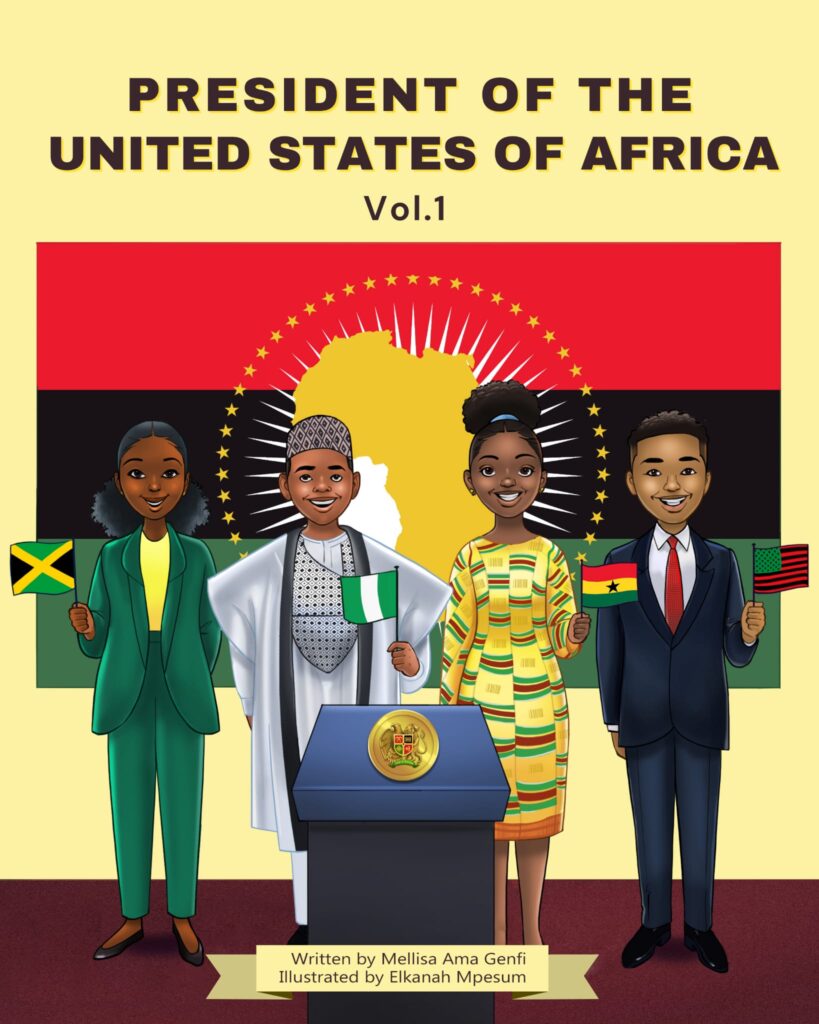
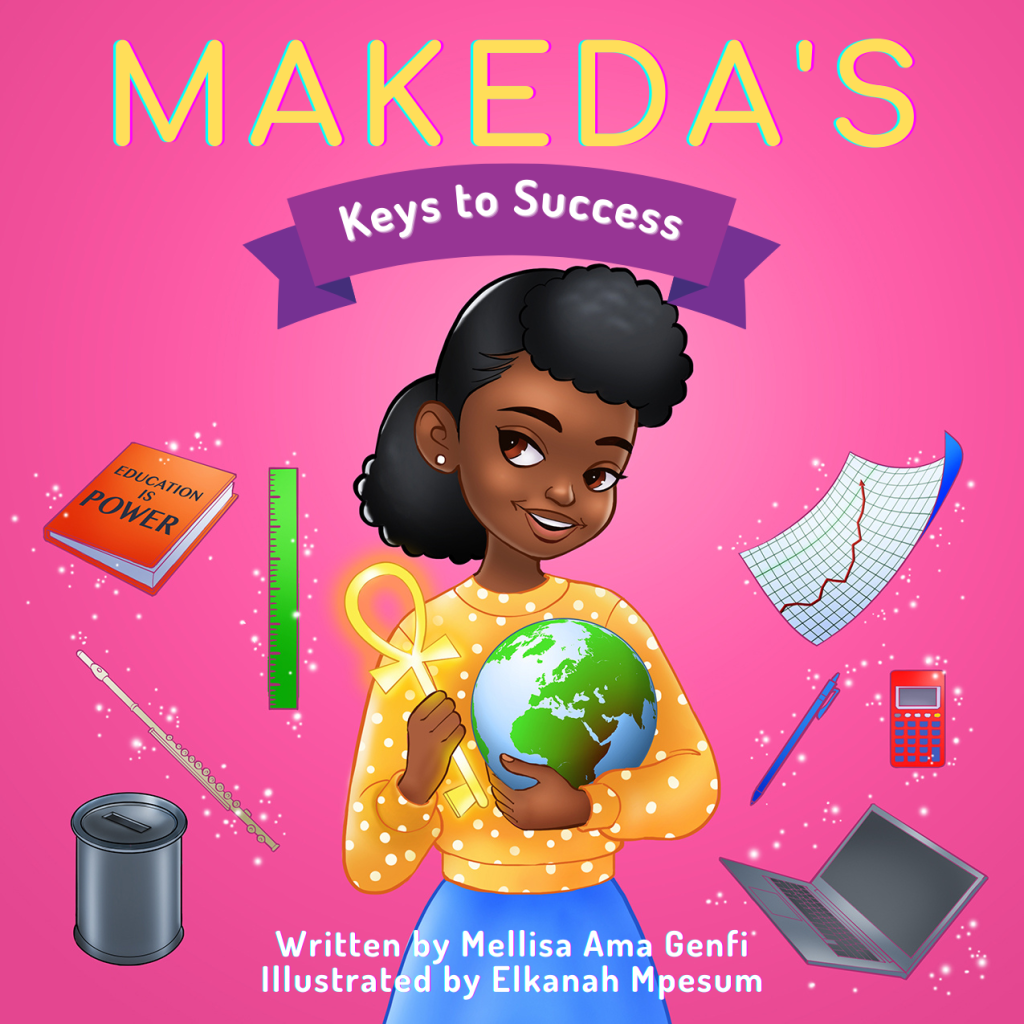
Affirmation Physical & Digital Poster Product:
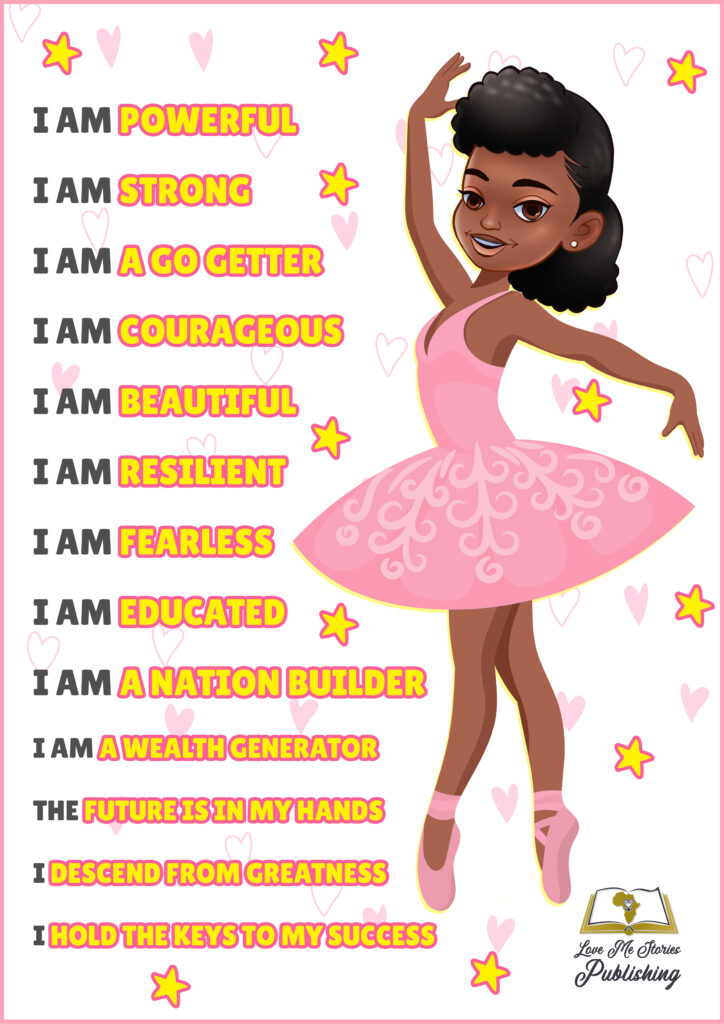
https://lovemestories.com/product/makedas-affirmations-poster-physial-print-a4/
Times Tables Physical and Digital Poster Product:

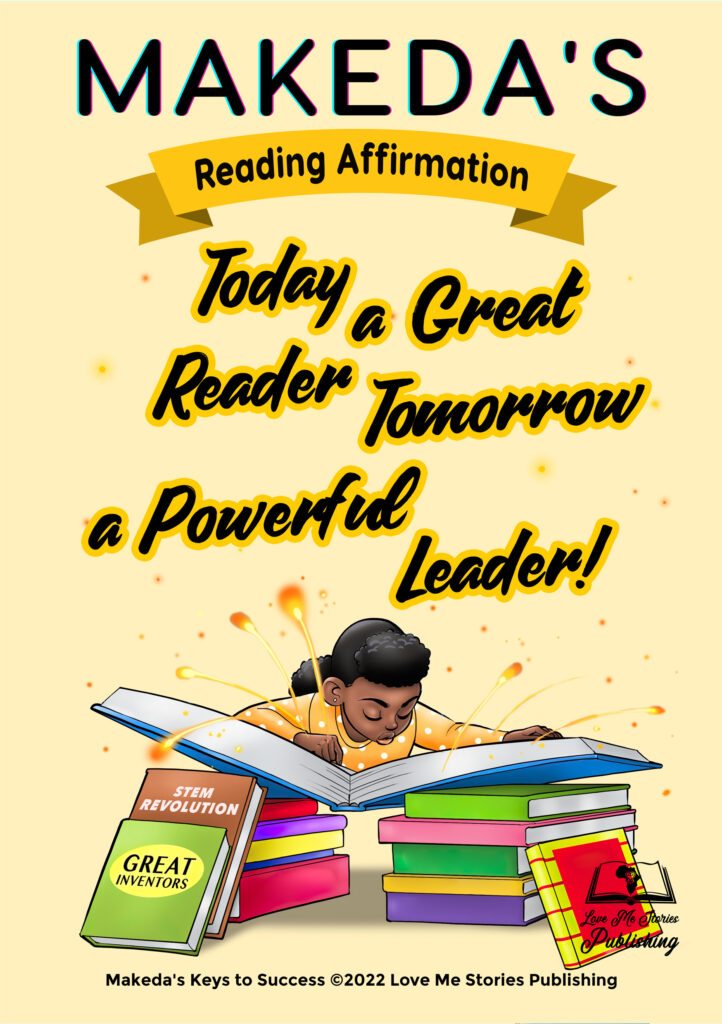
https://lovemestories.com/product/makedas-reading-affirmations-poster-physical-print-a4/
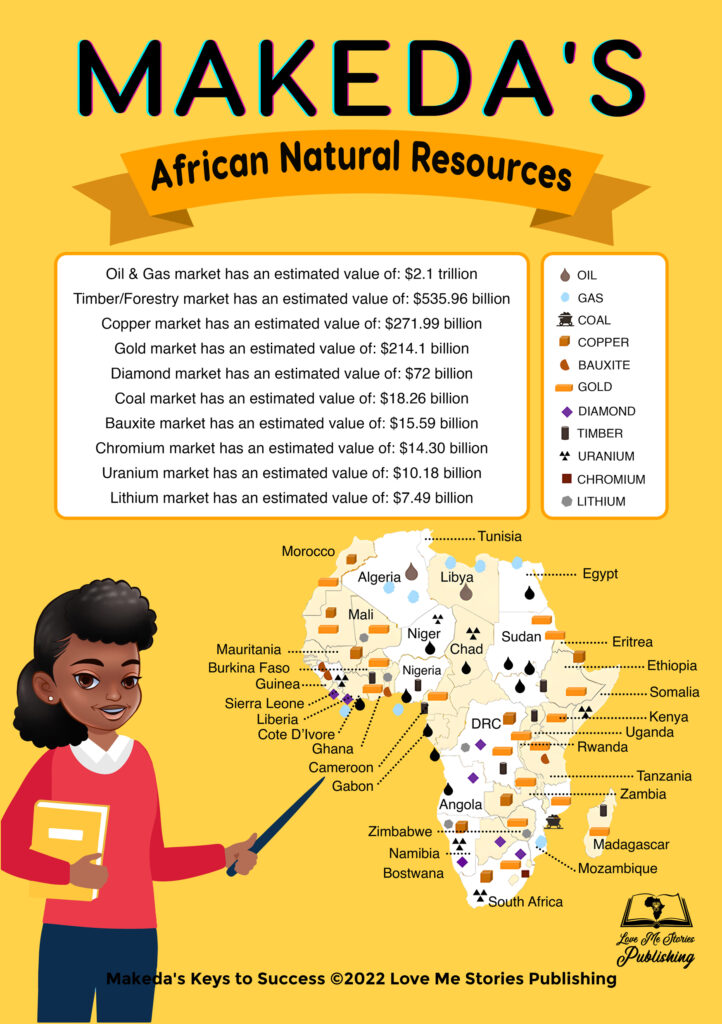
https://lovemestories.com/product/makedas-african-natural-resources-poster-digital-print-a4/
R.E.S.P.E.C.T Poem Digital Product:
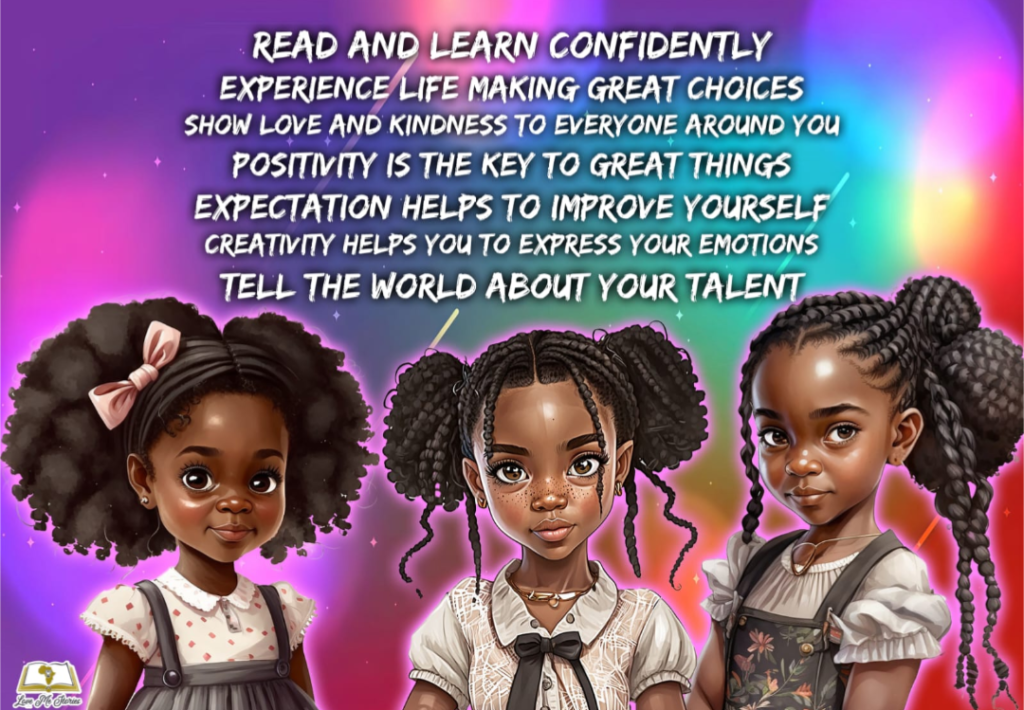
New Book Coming Soon

https://www.paypal.com/donate/?hosted_button_id=J52BAFUQXQJRW
Educational Companies We Work With:
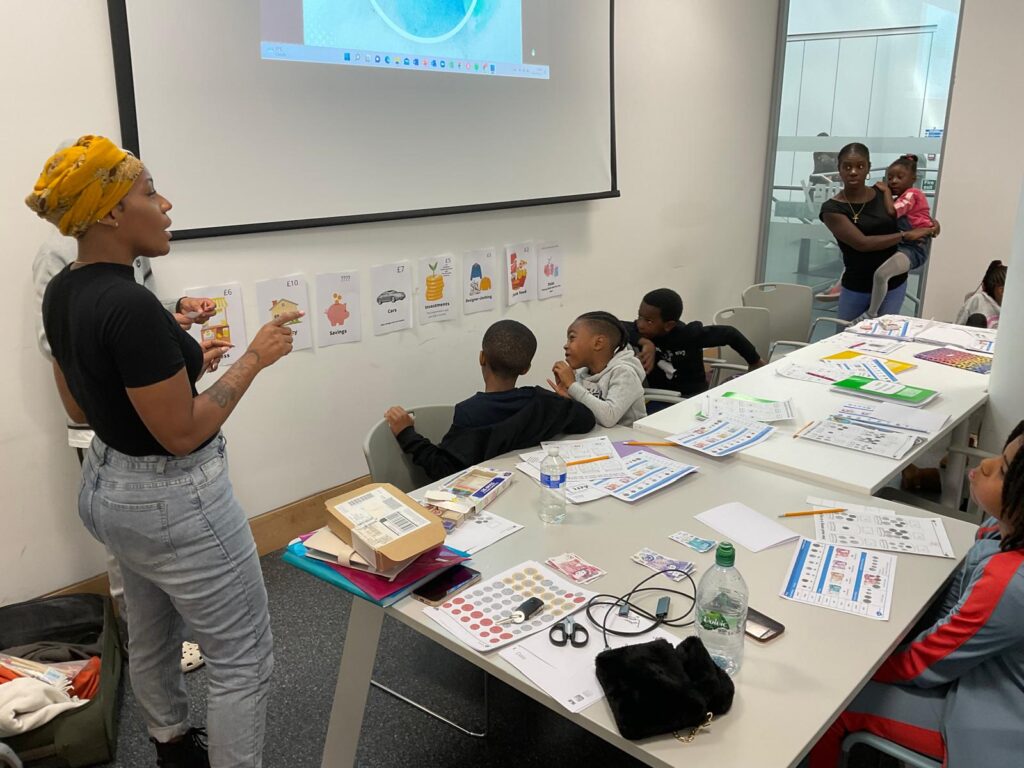
Kijiji Education:
For all 21st Century Cultural Educational Products and to Join our Mailing List:
Follow us on Social Media

Connect with us and checkout full catalogue on Whatsapp:


